What You Need to Pack for Your Next Trip to Israel
So you’ve booked your ticket to Israel - well, congratulations on your impending trip. Now, all you need to think about is packing your suitcase! For first-time visitors to this country, it’s often a bit of a dilemma, wondering what essentials to bring and whether it’s better to play it safe or travel light and buy on the road. If you do decide to travel light, you’re well set because Israeli is a highly-developed country with all kinds of western amenities. Just be aware that they might be more expensive to buy there than at home (Israel is not the cheapest of countries). In the meantime, to help you navigate the ‘suitcase dilemma’ we’ve compiled an ‘Ultimate Travel Essentials Checklist’. The items we talk about below are really a ‘must’ and they won’t just keep you safe and healthy, but they’ll also keep you good-tempered! Here we go:
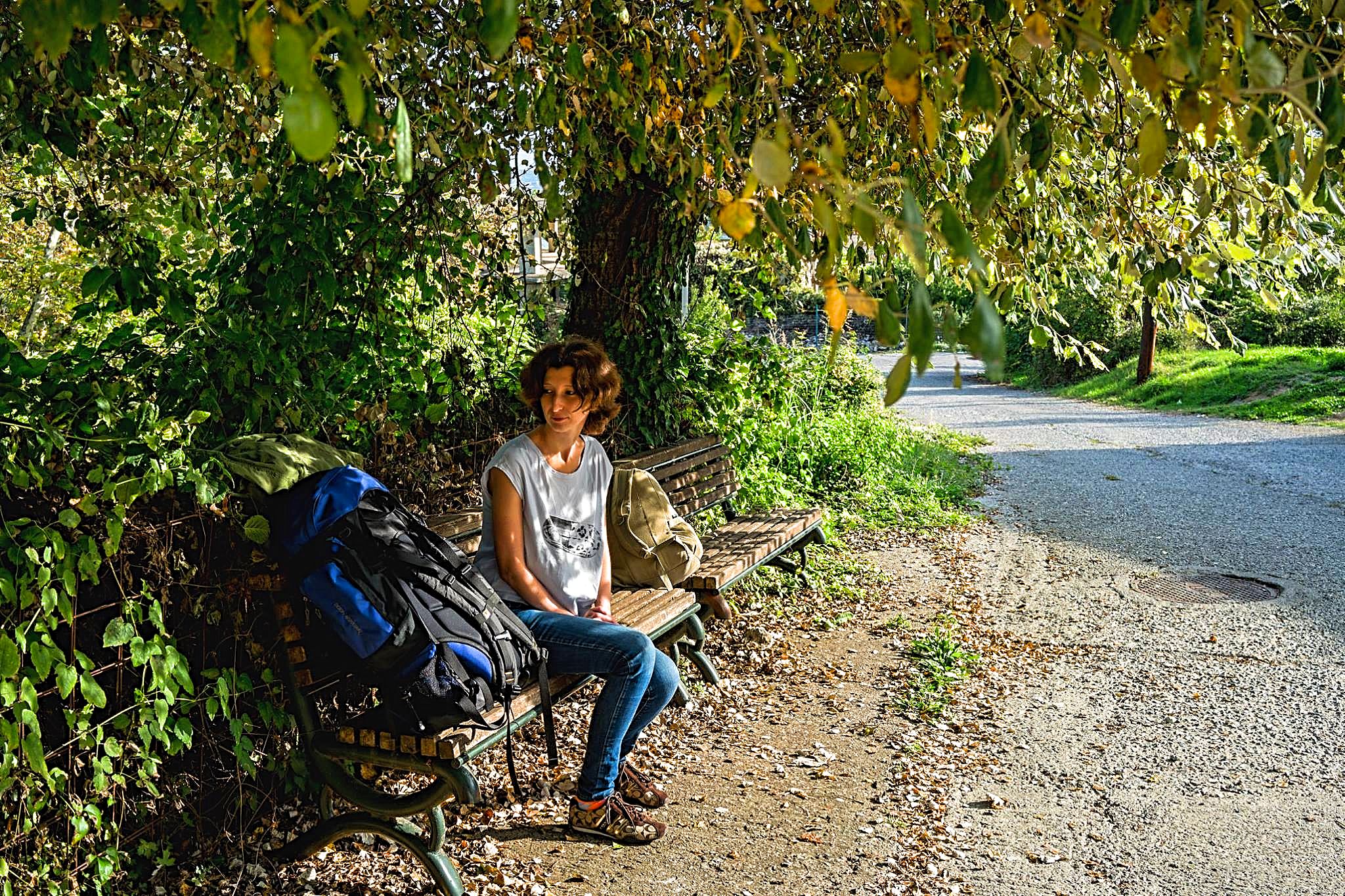
Backpacker in Israel. Photo credit: © Dmitry Mishin
1. Don't Forget Your Documents
Along with your passport (and a visa, if necessary) bring copies of documents relating to your medical insurance and COVID-19 Vaccination Certificate. You should also bring personal prescriptions for any medication you take, should you need to consult a doctor whilst on vacation. All of these can be saved electronically (as backups) or copies can be left with close friends and relatives back home.
Keep a copy of your passport in your suitcase too, just in case, and unless you need to cross your passport at a border (if you are traveling to Jordan, to visit Petra, or crossing a checkpoint, on a tour of Bethlehem or Jericho, lock up your passport in your bedroom or hotel safe. Your tour operator will probably have sent you confirmation emails of your trip and any additional Israel day tours you’ve booked, so keep a copy of these too.
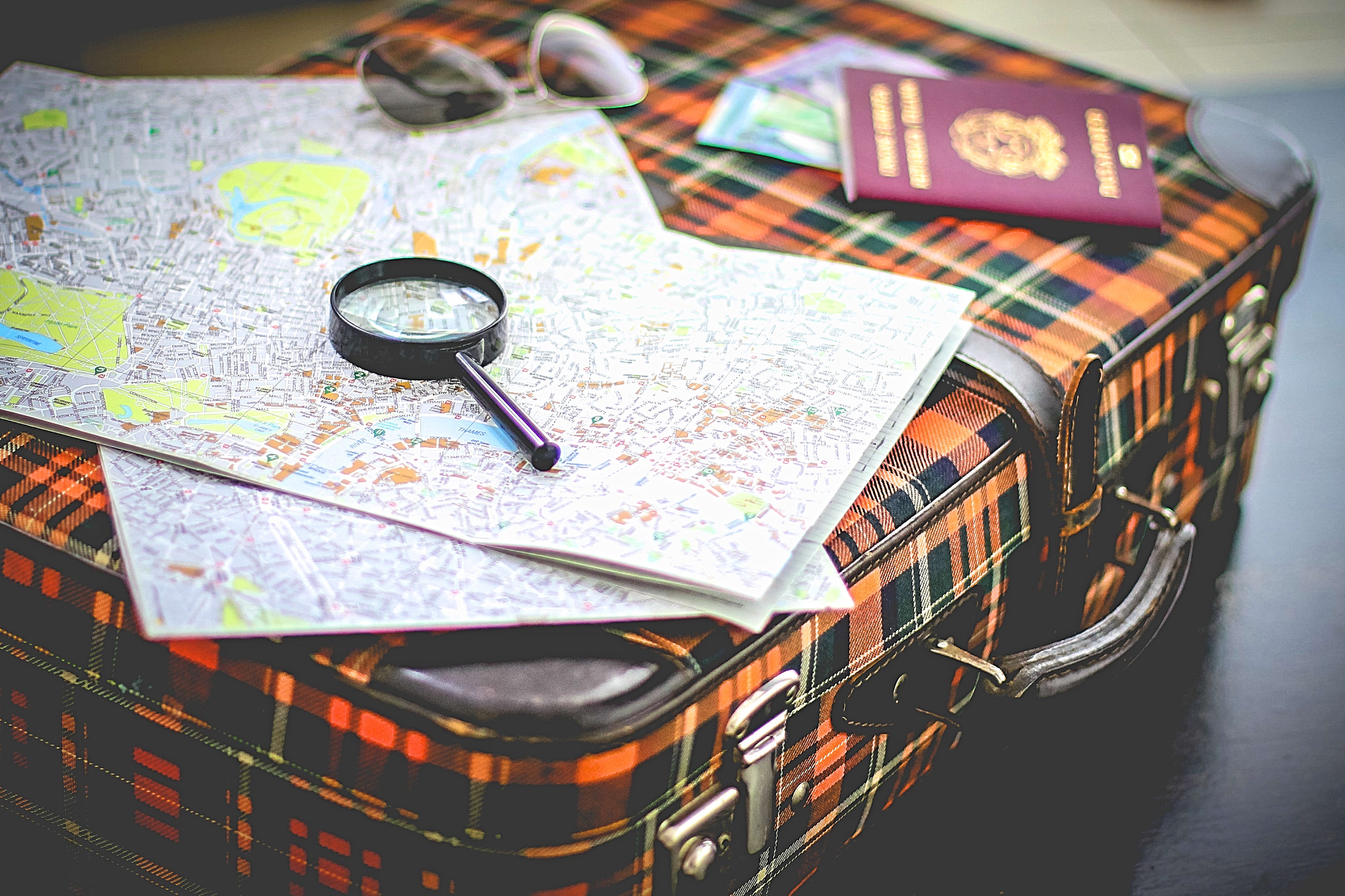
Packing a suitcase. Photo by Francesca Tirico on Unsplash
2. Sun Protection
Israel is a very sunny country, with long, hot summers and, in the Negev desert, plenty of sunshine in the winter too. Eilat, on the Red Sea, is a great place to soak up the rays in December and January, and actually averages 360 sunny days a year! So don’t forget to pack sunglasses, a hat (preferably wide-brimmed), plenty of sunscreen, and aftersun (aloe vera) too. If you run out, look in your nearest ‘Superpharm’ - a nationwide chain - where most of the staff speak English and will gladly help you find what you need.
If you’re a sun worshipper, then grab yourself a lounger and umbrella and head to the beach - Tel Aviv, Herzliya, Netanya, and picturesque spots all the way up and down the coast boast white sand and clear water - perfect for relaxation. If you’re more of an active type, make sure to see the sun rise or set in a dramatic location. You can take a day tour, climbing Masada early in the morning (then continue on to the Dead Sea for some ‘floating time’) or walk through narrow alleyways in the Old City of Jerusalem, before watching the sunset over the walls from atop the Mount of Olives.
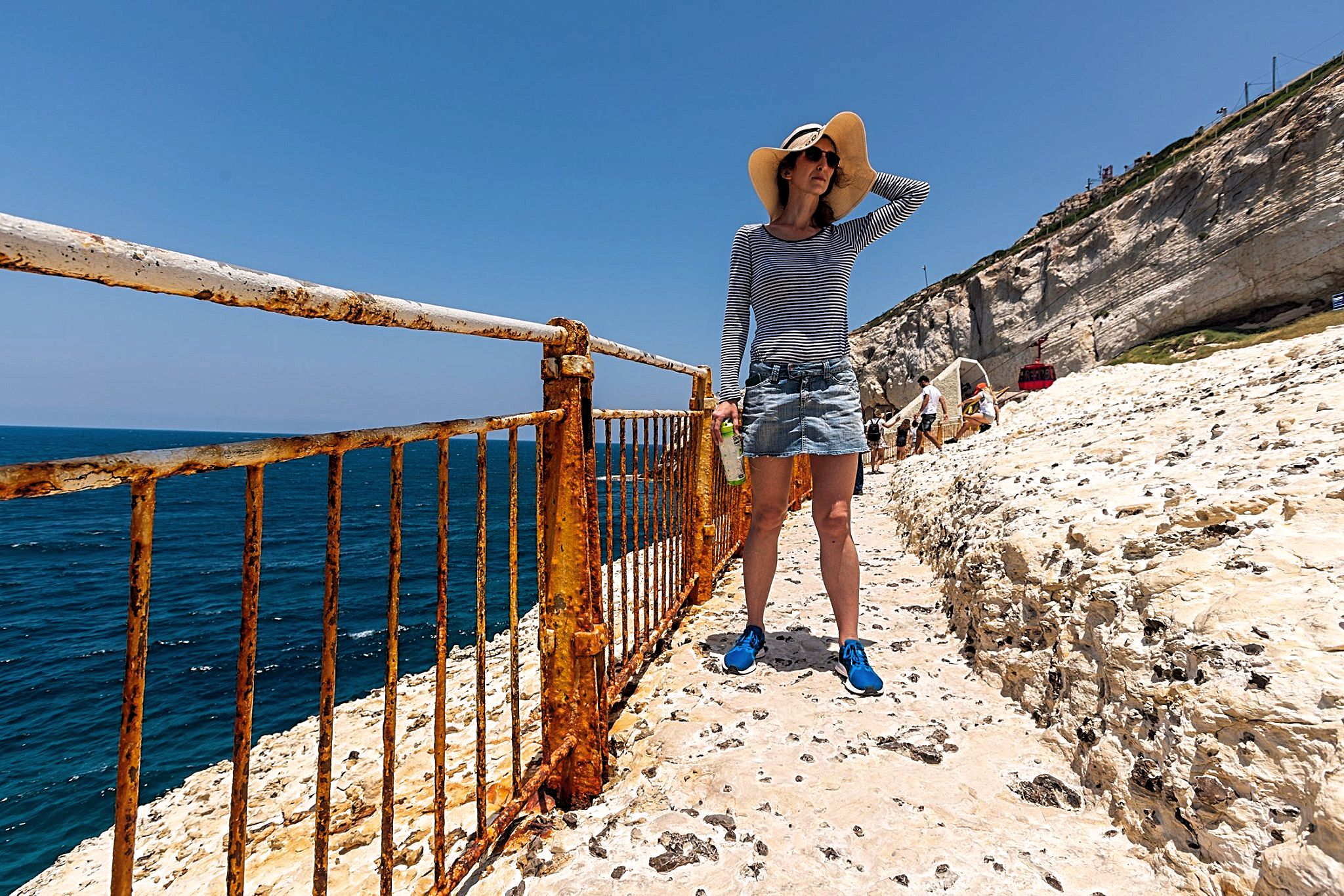
Tourist at Rosh Hanikra, Israel. Photo credit: © Dmitry Mishin
We’re all socially connected these days and most visitors in Israel will want to arrive with their smartphones, tablets, and cameras. A phone charger is essential and maybe even a power bank if you are planning on using your iPhone or Samsung to take many photos throughout the day. Before you fly, you might want to download a few Travel Apps to your phone to give you tips on a currency conversion, local directions, Hebrew phrases, and digital journaling.
In the old days, people carried small travel dictionaries but now it’s all within a short scroll - take a look at our Hebrew dictionary if you want to learn the basics! Israel has so many wonderful photographic opportunities too - from historic sites to the coastline, mountains, and deserts to vineyards and hot springs, so if you’re a keen amateur photographer, you’re going to be in your element.
Rosh Hanikra Grottoes, Israel. Photo credit: © Dmitry Mishin
4. Eye Mask, Ear Plugs, and a Basic First Aid Kit
Whether it’s to help you sleep at night, or to block out noise when you’re traveling with a group on a tour bus, a fold-up eye mask and some earplugs are a no-brainer. We’d also advise packing a basic First Aid Kit - a small bag or box containing pain relief, antiseptic cream, band-aids, anti-diarrhea/anti-histamine medication, and a small bandage and safety pin.
If you’re traveling in Israel on an organized tour package then your guide will most likely have all these things to hand but it’s good to be prepared in any event. As we’ve said before, the pharmacies in Israel are excellent and nearly all staff speak English, so you can always stop off when in a city center, to pick up anything you might need.

Scattered pills. Photo by Hal Gatewood on Unsplash
5. Essential Toiletries
We’ve said it before and we’ll say it again, there’s a lot of sun in Israel and the summers can be super hot (and, on the coast, humid). Between the months of May and September, most Israelis shower several times a day, just to stay sane! Don’t forget your deodorant, skin moisturizer, and a good lip balm too (it can be windy in the Golan Heights and the sun can be a real beast in the Negev and Arava deserts).
Whether you’re exploring the Acre and Caesarea coastline, touring in the Galilee, or trekking in Mitzpe Ramon’s crater you’ll need good sunscreen and Aloe Vera for any sore skin at the end of a long day. And if you’ve forgotten your favorite moisturizer, don’t panic - you can purchase a wide range of Ahava beauty products on any Dead Sea tour.
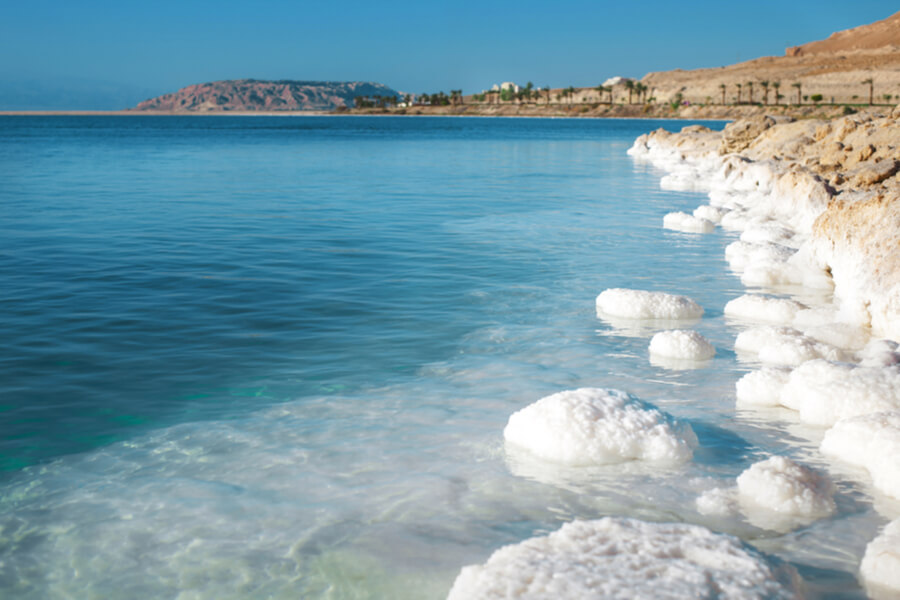
The Dead Sea. Photo credit: © Shutterstock
6. Swimsuit or Swim Trunks
There are a lot of misconceptions about Israel and one of them is that the entire country is a desert, with its citizens using camels for their daily commute! But whilst the Negev and Arava deserts do cover a lot of landmasses, Israel is actually home to four seas - the Mediterranean, the Dead Sea, the Red Sea, and the Kinneret (Sea of Galilee).
Since it’s possible (and highly recommended) to swim in all of them, don’t forget your bathing suit, bikini, or swimming trunks, or treat yourself to something made by Gottex, the top-tier, luxury Israeli brand made famous by the pioneering female entrepreneur Lea Gottlieb. Floating in the Dead Sea in one of her creations means you’ll be stylish as well as super relaxed!
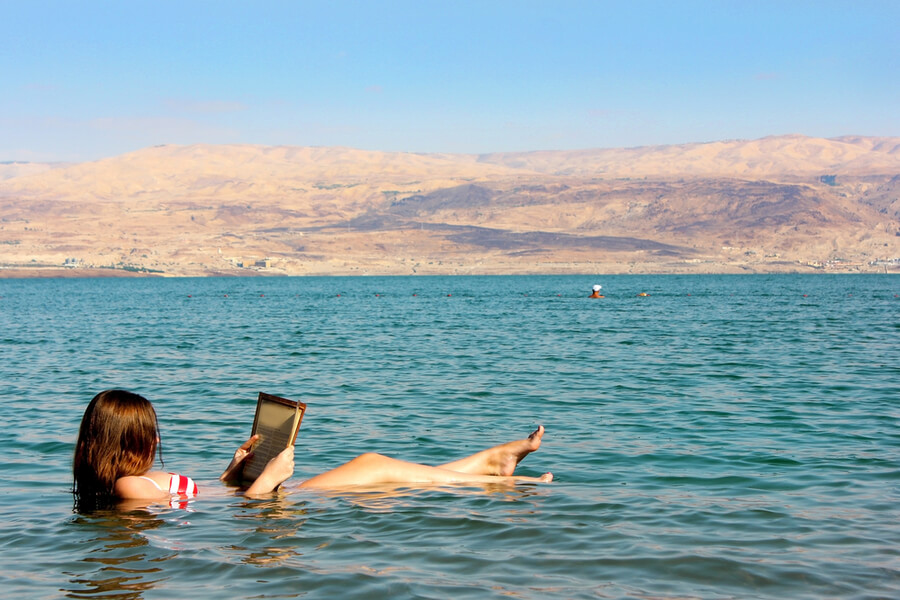
Tourist floating in the Dead Sea. Photo credit: © Shutterstock
7. Reusable Water Bottle
This one is an absolute must, and we aren’t kidding. We all associate summer with beaches, sunshine, and fun excursions, and no more so than in Israel, where many people spend hours of their free time outdoors. If you don’t drink enough water, you could end up dehydrated and suffering from a nasty case of heatstroke. In the summer months, it’s advisable to try and drink at least 2 liters of water a day, to make sure your body has sufficient fluids to keep you healthy.
Carry a water bottle that you can easily refill, and top it up at the numerous fountains you’ll see on beaches, in parks, and throughout shopping areas. In the meantime, don’t forget to enjoy Israel’s many bodies of water: the Jordan River (perfect for a kayaking trip), Ein Gedi waterfall and Baths (a lush oasis close to the Dead Sea), and the stunning Ein Avdat canyon, with its water pools, in the Negev. There are also Hamat Gader hot springs in Galilee, the gorgeous Banias waterfalls, and also Lake Ram near Mount Hermon.
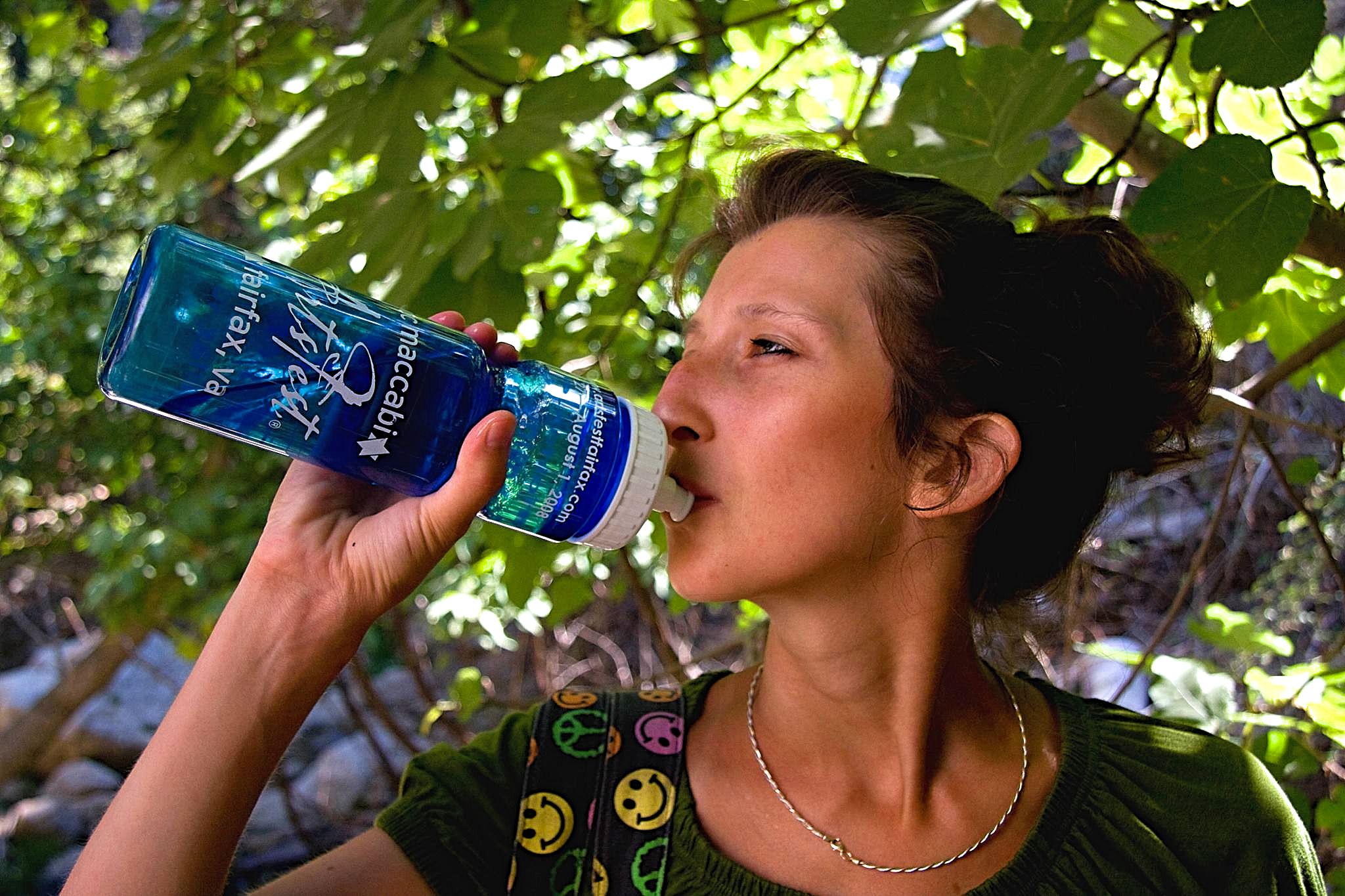
Tourist with a reusable water bottle. Photo credit: © Dmitry Mishin
8. Sturdy Shoes
If you’re not planning on being a Beach Bunny, chances are that you’re going to want to be exploring some of the endless historical and archaeological sites around the country. Whether you visit them alone or as part of a Jerusalem day tour, such as ‘Walking in Jesus’s Footsteps’ or ‘Underground Jerusalem’ you’re going to need sturdy footwear for what’s involved.
If you’re planning on trekking in the Negev or Arava desert (and especially if you’re hiking in Mitzpe Ramon) don’t hesitate to bring good hiking boots - they will be a lifesaver! In general, if you’re exploring cities like Tel Aviv and Haifa, or archaeological sites like Caesarea and Tsipori, you’ll be able to manage with sneakers or support sandals, as long as you don’t attempt to climb over a Roman aqueduct or down a Crusader tunnel!
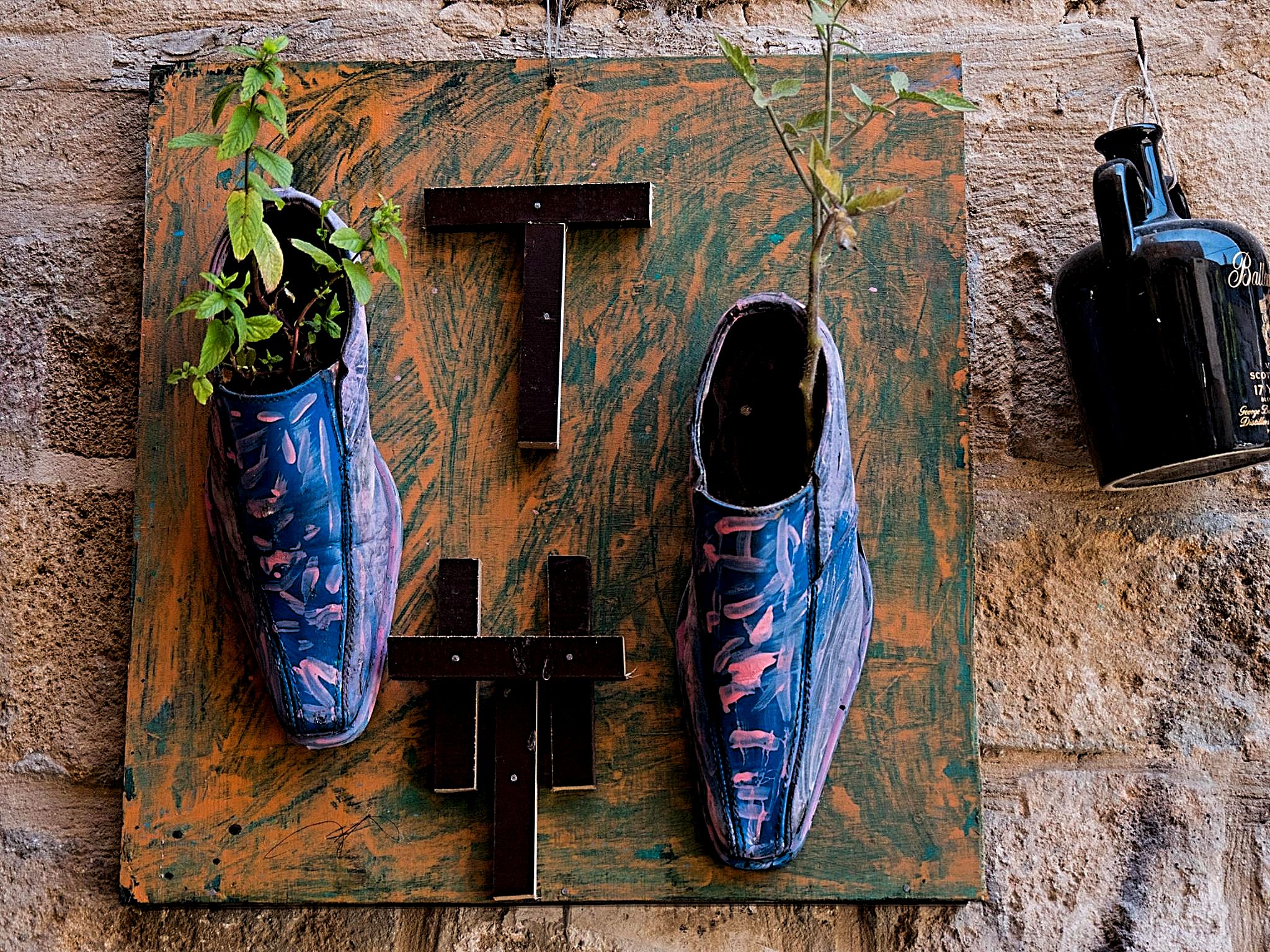
Men's shoes on the wall of a house in Acre, Israel. Photo credit: © Dmitry Mishin
It’s always worthwhile to keep some printed matter close to hand - whether it’s a guidebook, a captivating novel, or perhaps something specifically to do with Israel. If you’re curious about the Jerusalem childhood of one of Israel’s most famous novelists - Amos Oz - then pick up a copy of his extraordinary autobiography, ‘A Tale of Love and Darkness.’ For a historical account of the early pioneers, you could do worse than Israeli historian Tom Segev’s ‘The First Israelis’ which deals with Israel’s first year of statehood.
For something a little lighter, go for the hip writer Etgar Keret - ‘The Bus Driver Who Wanted to Be God and Other Stories’ is witty, intelligent, and painfully honest. There are also numerous books written on the subject of Jerusalem (historical, theological, and political) but for those who really like a tome, you can’t do better than Simon Sebag-Montefiore’s eponymous ‘Jerusalem.’ All of these are available at branches of Steimatzky, a leading bookshop in Israel.

The Bible book of Ecclesiastes. Photo credit: © Sincerely Media on Unsplash
10. Comfortable Clothes
Chances are you’re going to be exploring when in Israel, whether it’s nature reserves and deserts, museums and galleries, or historical and religious sites. Comfortable clothing is a must - and if you’re arriving any time between May and October, cotton is your best bet because otherwise, you’ll sweat profusely. A large hat (with a wide brim), T-shirts, light trousers (not denim), and shorts are all essentials.
Israelis are quite casual in their dress and so you won’t need to resort to formal attire for dinners, even when out at costly restaurants. It’s not uncommon for men to arrive at dinner in shorts in Israel and ties are rarely seen! Women can enjoy wearing lightweight dresses and short tops and skirts in Tel Aviv although in more religious cities like Jerusalem it is advisable to lower the hemline!
You’re also going to need some relatively ‘modest attire’ for any religious sites you visit. In the Old City of Jerusalem, you should cover your shoulders (and wear a skirt below the knee) when visiting somewhere such as the Church of the Holy Sepulchre, as a matter of respect. At the Western Wall, volunteers will offer women a scarf to drape over their shoulders and men a kippah (skullcap) to put atop their head, before approaching the Wall to pray or observe those at prayer. The same goes for any visit you may make to a mosque or Arab city, which are generally quite conservative in terms of social norms - when in doubt, cover your arms and legs! Now start packing for an unforgettable tour of Israel!
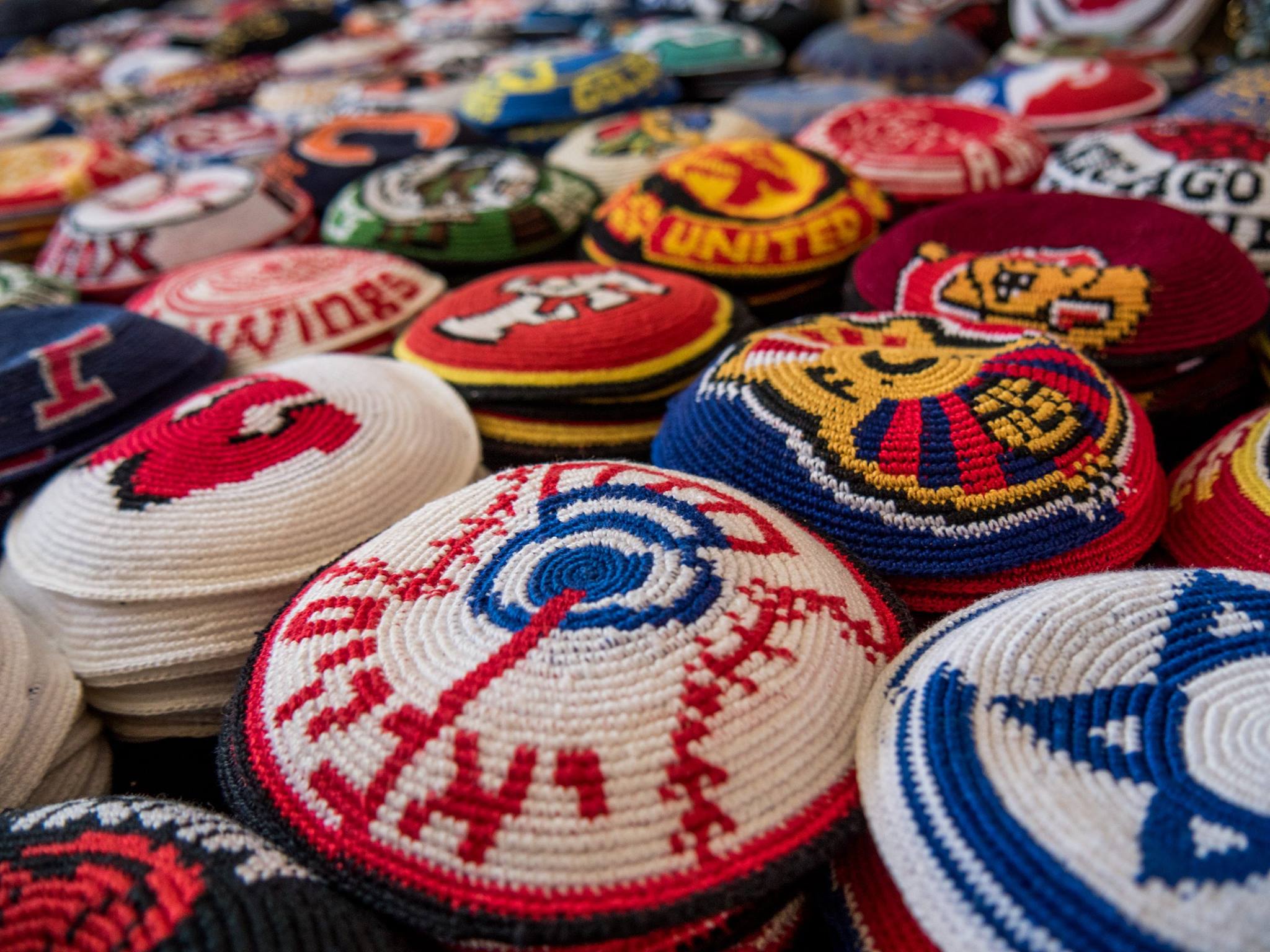
Kippahs in Bazaar in Safed, Israel. Photo credit: © Dmitry Mishin
 Login / Register
Login / Register
 Contact Us
Contact Us
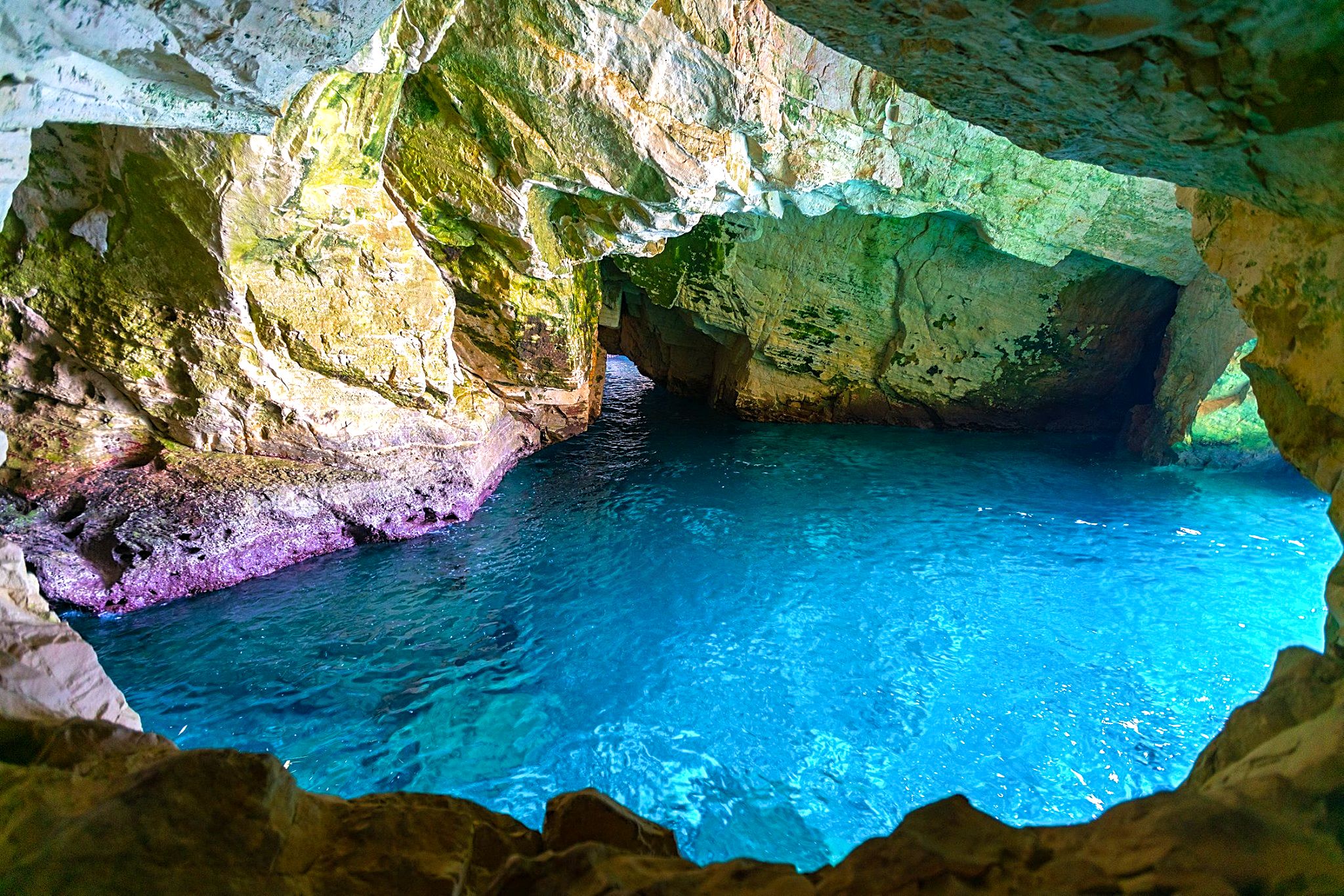
 Certificate of Excellence
Certificate of Excellence Guaranteed Departure
Guaranteed Departure Low Prices Guaranteed
Low Prices Guaranteed 24/7 Support
24/7 Support




